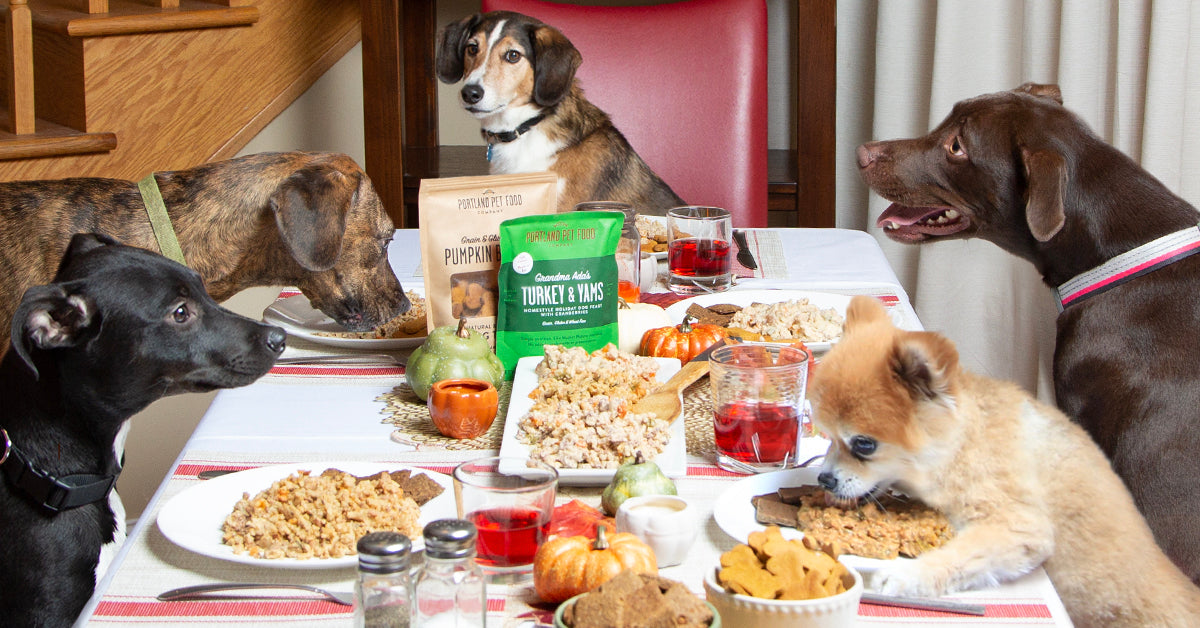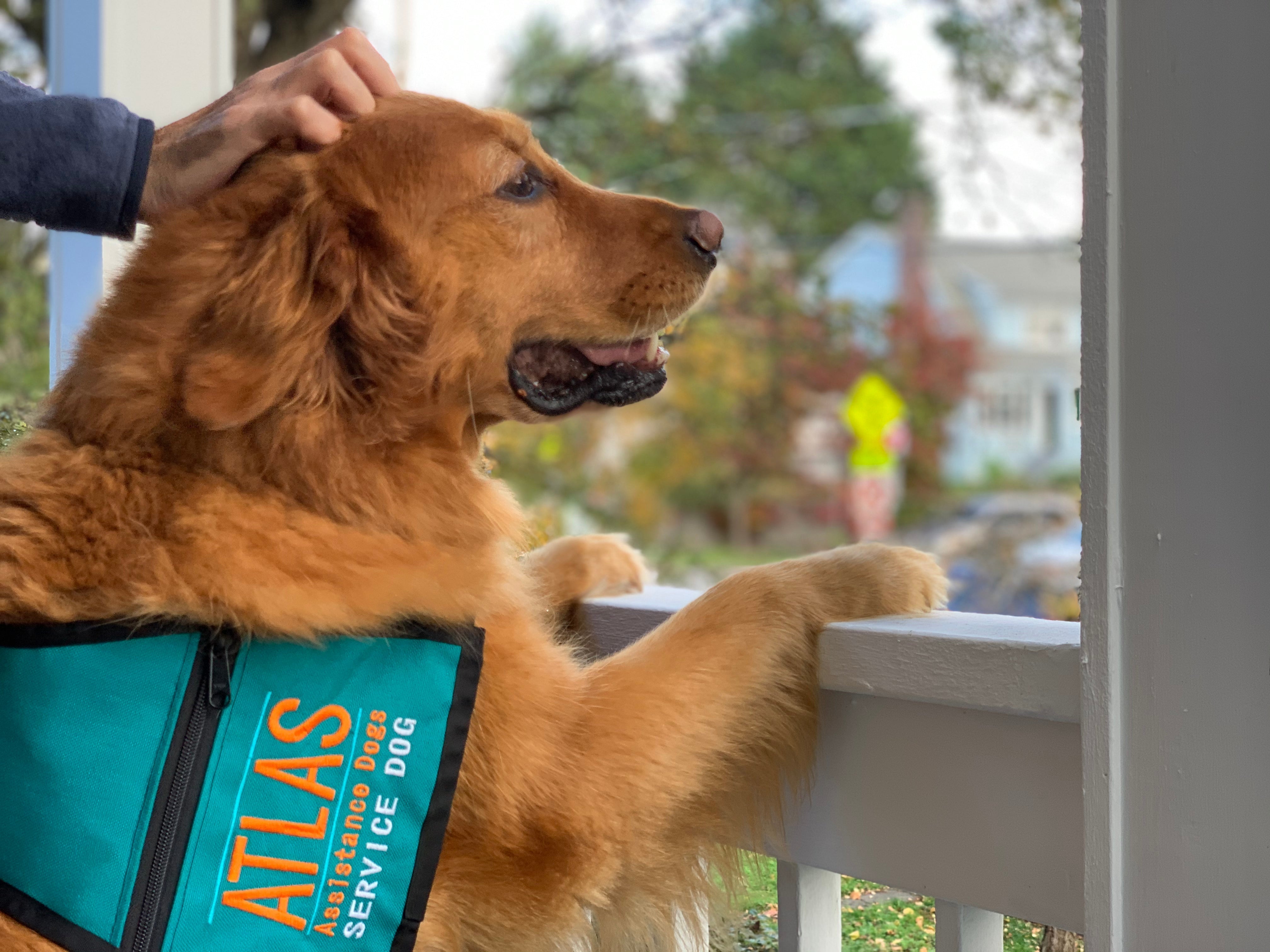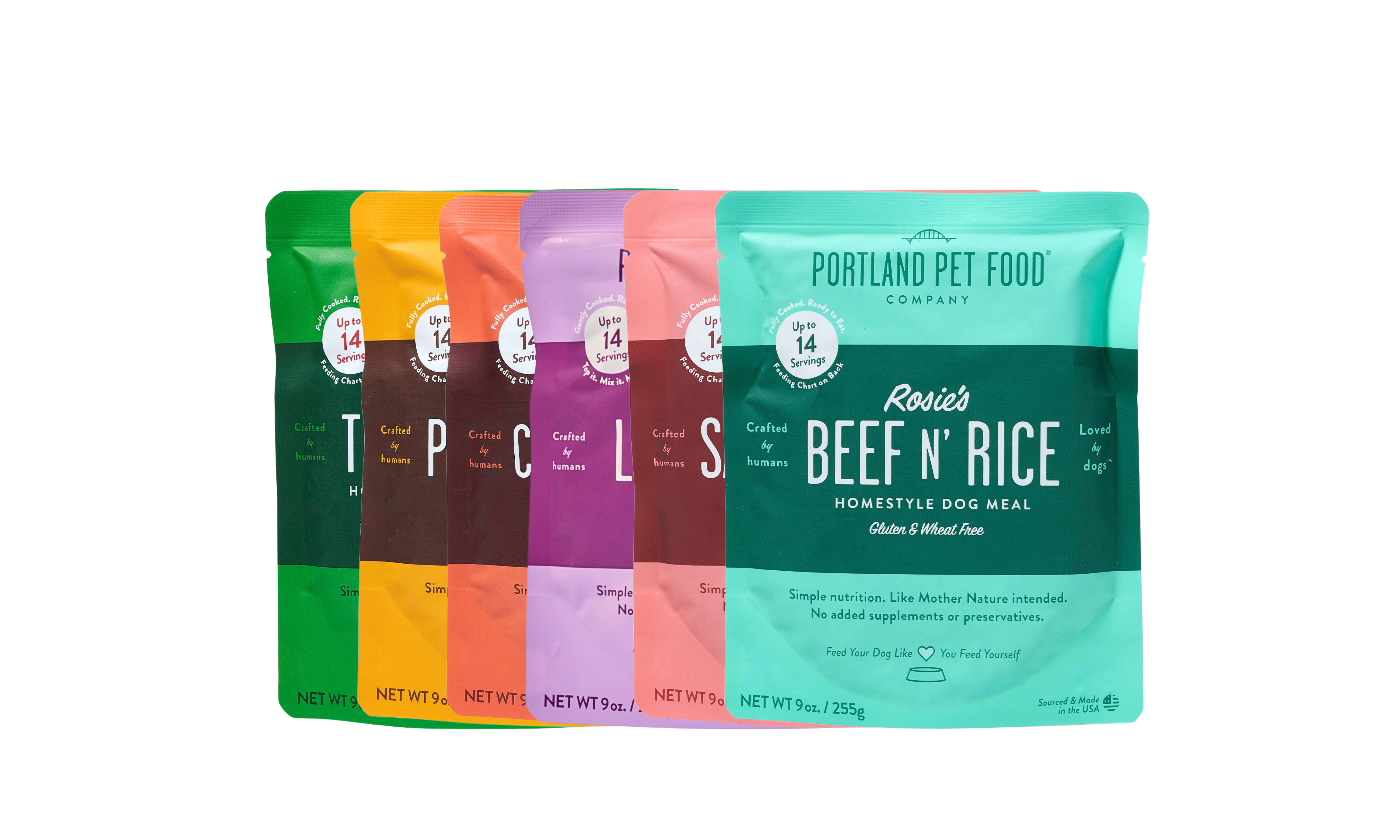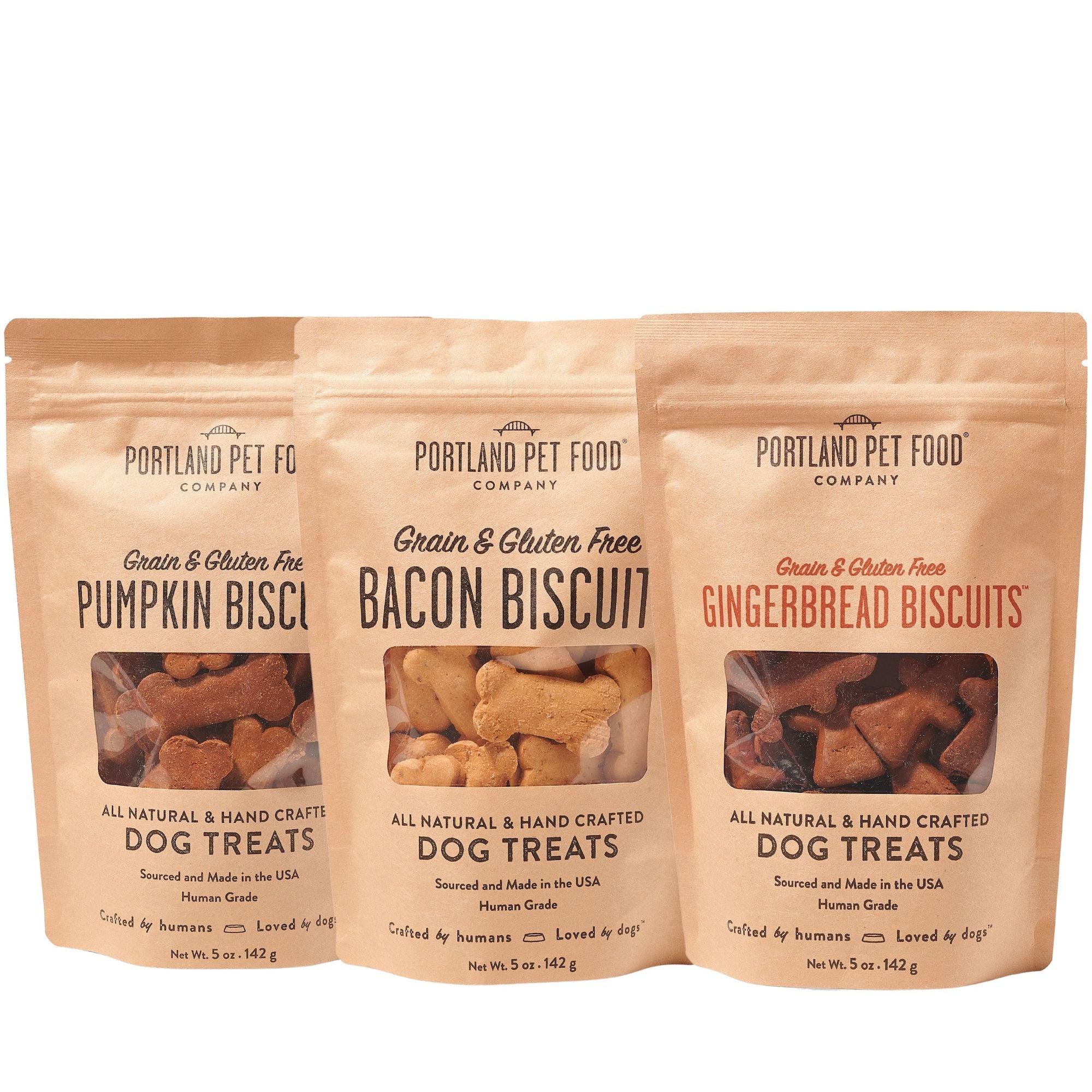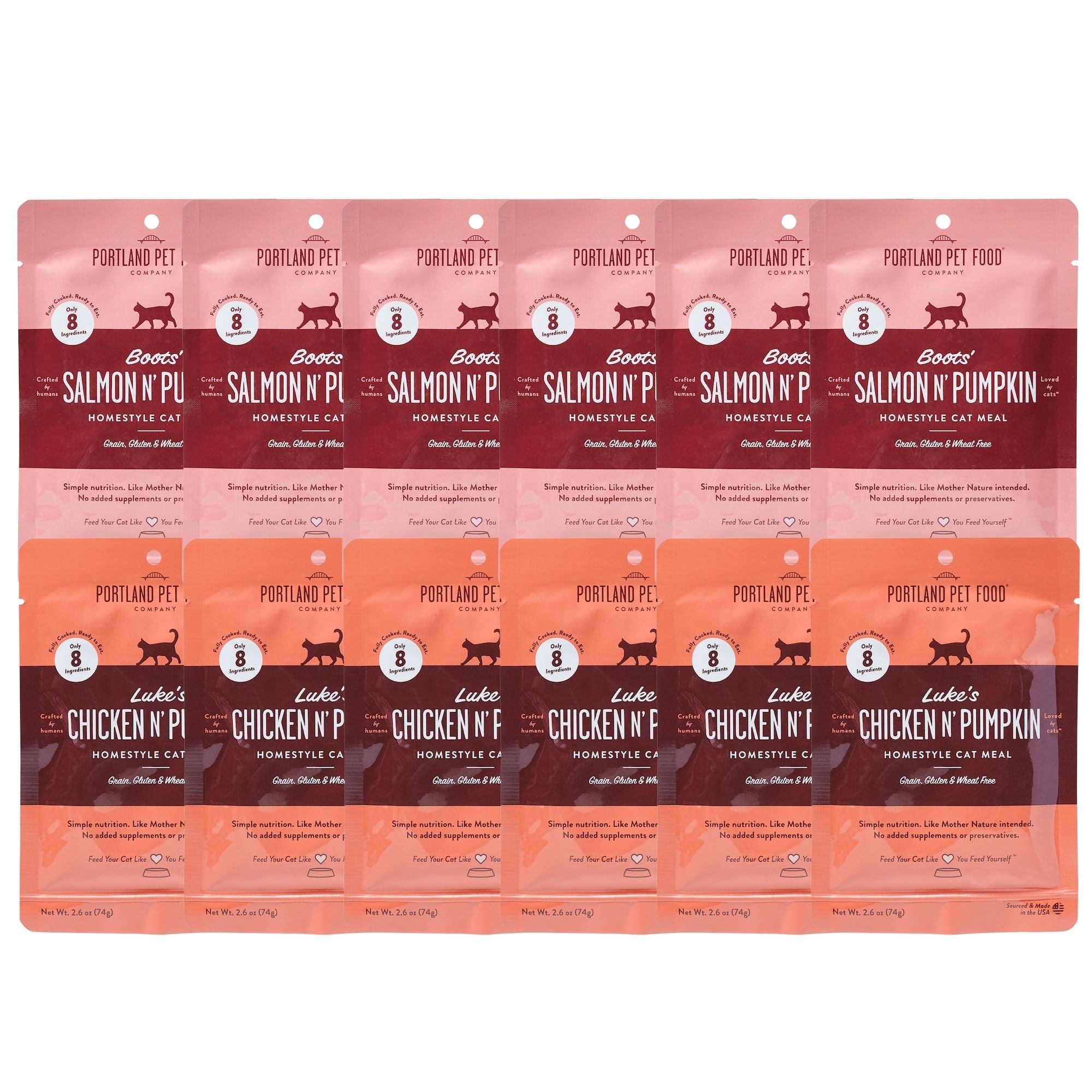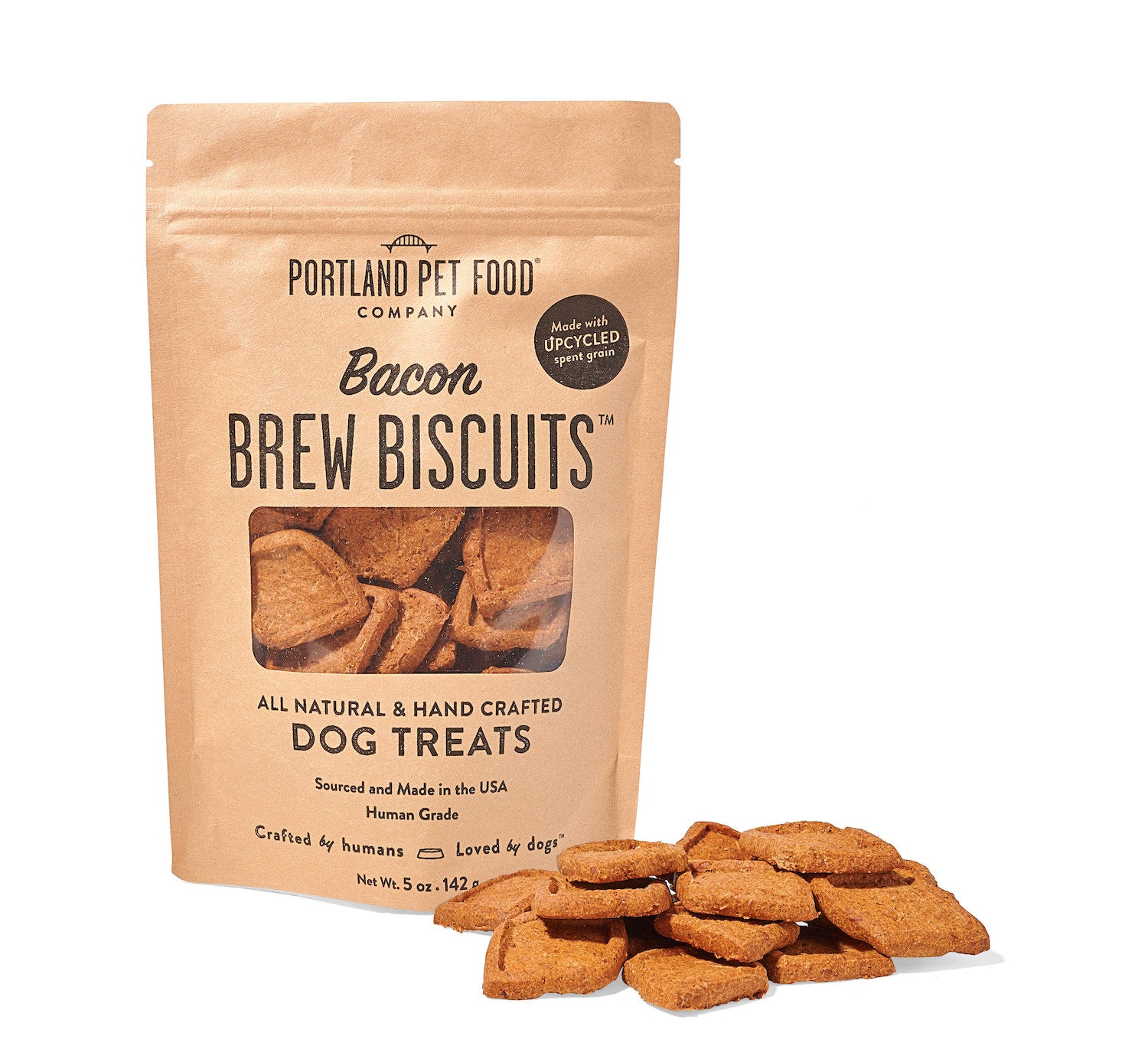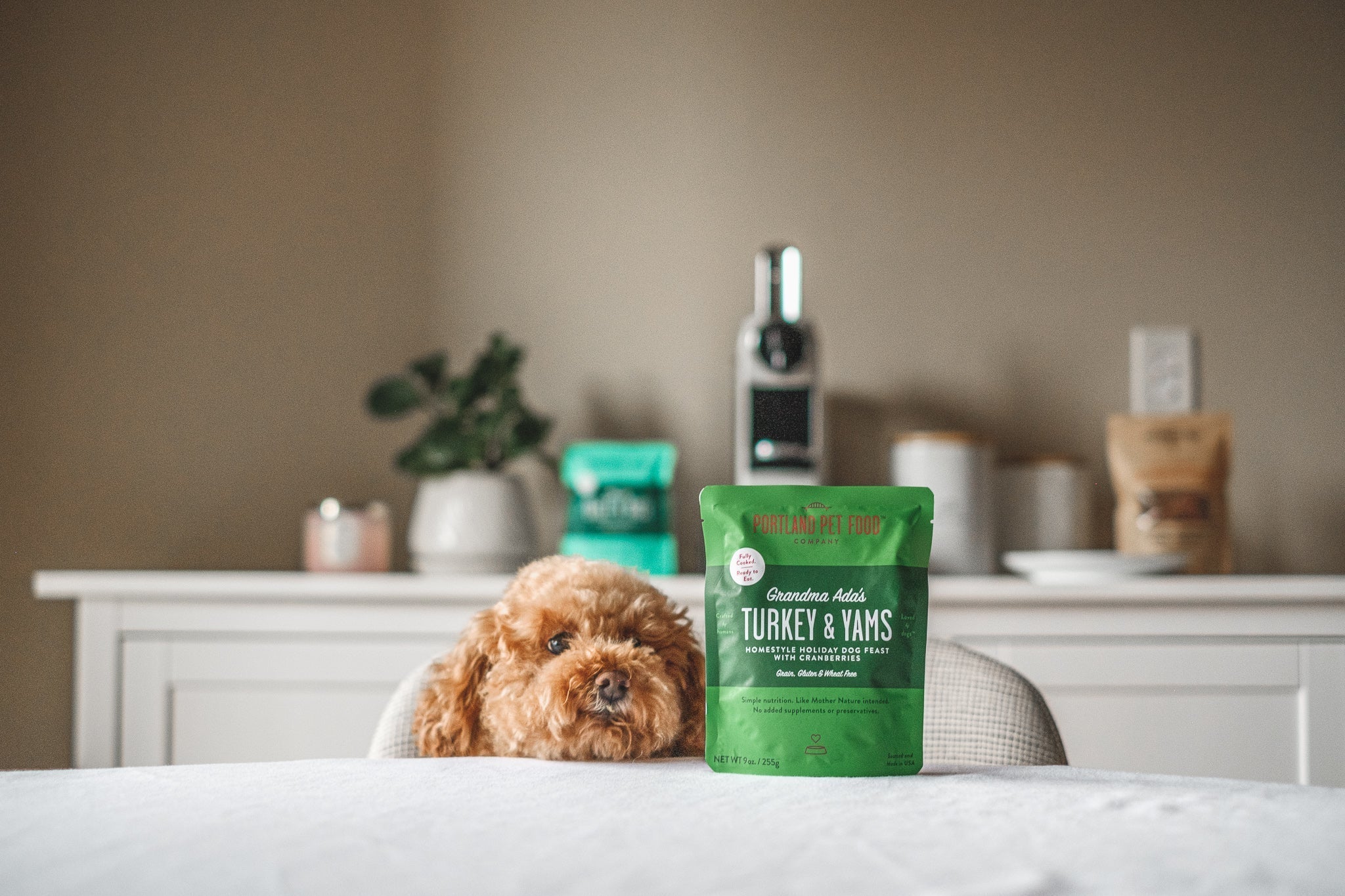
Seven Things You Should Know About Dog Weight
As we wrap up the holidays and approach a new year, you might find that all of those table scraps and gifts of holiday treats made your dog a little...fluffier. It’s not just your dog — 51% of dogs seen at Banfield Pet Hospital in 2019 were classified as overweight. What’s more, fewer than 10% of those dogs were reported to lose weight following their diagnosis.
Unfortunately, there are a lot of misconceptions about dog health out there, including how dangerous obesity can be. Just as many humans are now researching healthy eating habits and diets to embark on in the new year, dog owners should be learning how to help their pooch maintain or get back to a healthy weight. To get you started, we’ve listed out a few common misconceptions and realities about dog weight and health below.
TRUTH: Overweight Dogs Can Have Serious Health Complications
Overweight dogs are at risk for different types of cancer, heart disease, hypertension, and diabetes. Additionally, dogs who are overweight often experience joint issues, bladder issues, and have difficulty breathing.
MYTH: Human Food Makes Dogs Gain Weight
If you’re eating healthy food, the odds are that your dog can eat it too — with some exceptions, such as grapes. The reality is that dogs can (and should) eat human food, not just yucky mass-produced kibble, for the same reasons that you do — they need a variety of vegetables, fruits and meats! However, be careful about how much you’re giving them — just because they can have it, doesn’t mean they should have a lot of it!
Not sure if your dog can eat what you’re eating? Do a quick google search and see! Many people actually choose to give their dogs 100% human food — you can find dozens of recipes online. However, if it seems like too much work to research and cook your dog’s meals, find a human-grade dog food product that you can trust to provide your dog with genuine, safe nutrition.
TRUTH: You Should Be Paying Attention To Your Dog’s Calorie Intake
You read that right — calorie counting isn’t just for humans! When looking at a pet food label, you’ll see a section that reads “Calorie Content” and is usually listed with the product’s volume in mind. Always take a look to ensure your dog is getting enough (and not too many) calories for their age, breed, and activity level.
MYTH: Overweight Dogs Should Eat A Low Calorie Diet
A low-calorie diet isn’t necessarily the best option for an overweight dog, as those calories might entirely consist of poor-quality ingredients. Just because something has low calories does not mean that it’s healthy! Calories should come from nutritional sources of recognizable proteins, fats, and fibers.
TRUTH: Too Many Carbs May Cause Your Dog To Gain Weight
Carbs aren’t inherently bad for dogs — for example, brown rice is filled with B1, B3, and B6 vitamins that help with circulation, metabolism, and the processing of nutrients, among many other benefits. However, sometimes manufacturers add carbs to hold ingredients together and not just for nutritional reasons, leaving the product with a lot of carbs. When selecting a pet food, stick to options that don’t primarily consist of filler carbs. Be sure to read through the whole list of ingredients, as sometimes manufacturers will “split” carbs into different ingredients in order to avoid listing it as the primary ingredient. For example, a manufacturer may split corn into cornmeal and corn flour, making it appear as though corn isn’t a dominant ingredient even though it is.
MYTH: Dogs Who Love To Sleep All Day Should Keep Doing So!
We know your dog looks cozy and perfectly content snuggled up on the couch, but they still need exercise! Just as humans need movement to maintain a healthy mind and body, dogs do too. A general rule of thumb is that dogs need at least 30 minutes of exercise each day, even if it’s just a slow walk around the neighborhood.
TRUTH: You Can Still Keep Rewarding Your Dog For Good Behavior!
Even if your dog is overweight, you should still reward them for positive behavior. If using treats, stick to healthy dog treats that aren’t filled with poor-quality ingredients — aka, the equivalent of giving your dog fast food french fries every time they perform a trick! Though yummy, those treats aren’t
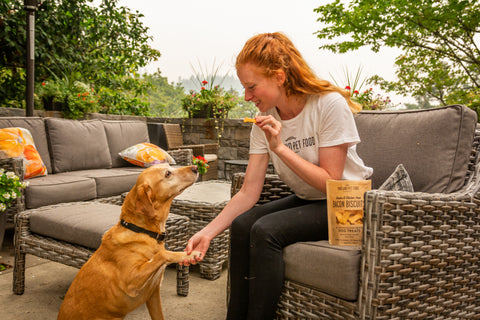
nutritious for your dog and certainly aren’t helping with their weight. You can also reward your dog with a loving belly scratch, by affirming them in a happy voice, or by giving them a quick walk. Believe it or not, dogs don’t always need to be rewarded with food!
Helping your dog maintain a healthy weight level will ensure they stick around for many, many more years -- and the process is a marathon, not a sprint. By keeping an eye on what you’re feeding your dog, ensuring they get proper exercise, and trying out new ways to reward them, you’ll be on the right track to a long, happy life together.
Ready to subscribe to dog food toppers that won’t fill your dog with junk ingredients? Sign up today for 25% off your first order, then 10% off all future orders. At Portland Pet Food Company, we believe in the power of real, fresh food in a dog’s diet in order to maintain a healthy life. As human's best friends, they deserve to eat as good as we do.
Delicious Cat Food, Too
We also have fresh, healthy cat food! Check out our chicken and pumpkin cat food and salmon and pumpkin cat food.

